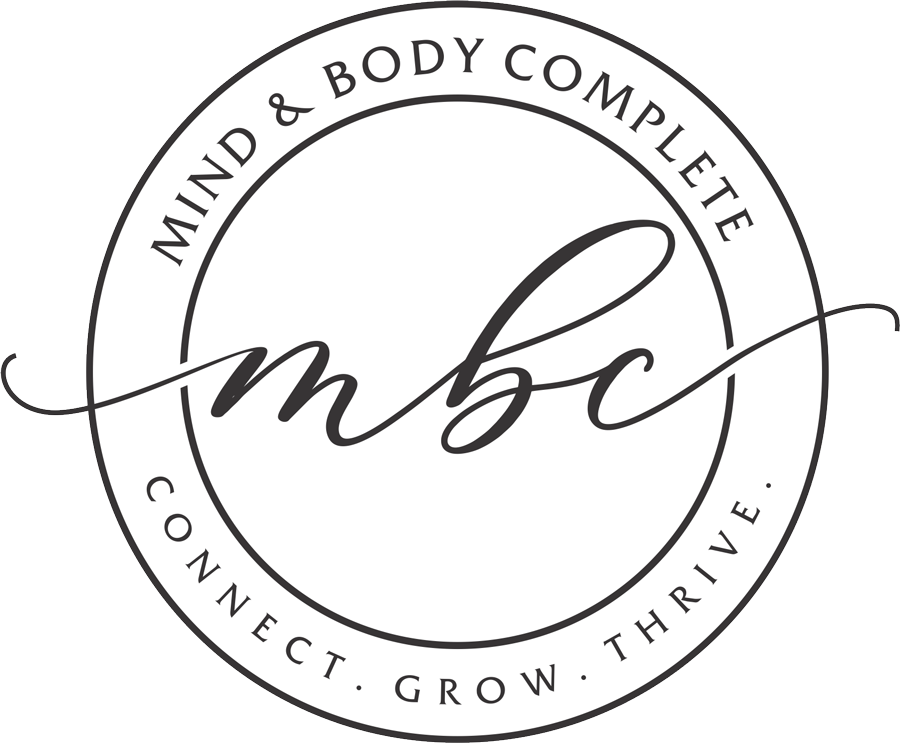On our recent show, Dee and I talked with Delia Perry from the Girls 4 Greatness podcast, in which she interviews successful women from all over the world. Many of her guests have reached success through changing their previous mindsets, instead of holding themselves back with limiting fears and beliefs.
Your beliefs create your experience
All of us – no matter our age, race, or gender – have messages coming at us. When left unexamined or unquestioned, these messages become our own beliefs, which can then shape our experience. In particular, women may often hear the message from society that “this is all there is” or that women just need to accept the “status quo.”
As a backlash to that negative message, great things are coming from feminists as well as the #metoo movement, inspiring women to not accept a status quo of swept-under-the-carpet sexism. However, this reaction can swing too far, where we start to see “man bashing.” Bringing issues to the surface is progress, but a rift between men and women is definitely not.
Ultimately, the #1 thing that holds women back is not men. It’s not their jobs, their spouses, or their children. It’s not even their neighborhood or the money in their bank account.
It is a woman’s beliefs that most impact her experience.
The blame game
Once we accept that we are the ones most responsible for our lives, we may need to reverse some of those beliefs that aren’t serving us. Too often, people cling to a victim mindset, blaming all those external factors.
Brene Brown tells a great anecdote about this need to take personal responsibility. She shares the story of getting dressed in the morning in nice white pants before sitting down to coffee (you can see where this is going… white pants usually invites trouble!). But when she inevitably spills the coffee all over those pants, her first instinct is to blame her husband – who wasn’t even in the room! In her convoluted split-second reaction, his late night return home impacted her morning routine, so naturally the ruined pants were his fault.
This simple story illustrates how we place blame elsewhere all the time, both for the large obstacles in our lives as well as the daily nuisances. The everyday little responses all add up to change the big picture of our lives. We need to understand that we can’t control what other people do to us. We can’t control the circumstances that come our way. But when the dust settles, we always hold onto a narrative about it. What we cling to, and what we internalize about any situation– that’s what we have control over. In reality, changing this story is as simple or complicated as we make it. We can shrug the coffee spill off (“Well, that was interesting!”) or learn a lesson from it (“Note to self: drink coffee before the wearing white pants!”).
Settling
The other story I hear sometimes is about settling. One of Dee’s girlfriends is unhappy in her job and believes she’s underpaid, but she’s holding onto some small positives that keep her in that space. Settling: we accept mediocrity and status quo – and it’s to our detriment. We need to embrace the idea of change and progress, stepping out of our comfort zone. Dee’s girlfriends have crazy limiting beliefs, like “that’s too much work.” They may focus on the “work” instead of the belief. A successful person dwells less on fighting through the hard work because it’s mentally, physically, and spiritually exhausting. If you’re focused on how hard it is, you won’t break through.
A key ingredient for your new mindset
It’s self-worth. We need to tell ourselves, “I’m worthy of doing the work. I’m worthy of changing my life.” It’s a huge part of the process to changing our beliefs that in turn change our experience.
A client from my clinic is a powerful example of this. When she first came to me, she was struggling with meth abuse and bipolar disorder. She had lost her children in a court case and had stolen from her family, so at first she felt unworthy – unworthy of her family’s love, unworthy of being a mom. But, she wanted to feel worthy. From her first visit to her last visit (which was over a six month span), she transformed. It took work, but it was guided by that desire for worthiness. Then, a few weeks ago, I ran into her in a store. The glow of self-worth was still shining on her face as she hurried over to hug me. Ultimately, she knew that the challenges she’d faced taught her a powerful lesson: that she was worth the effort and desire.
“But what about my…” (insert excuse here)
I’m not denying that women have real barriers. But if you’re letting a label define you, think again. One more example may provide some final inspiration. Amy Purdy’s life was transformed by bacterial meningitis. She was on life support, lost her kidneys, and lost her legs. But when she left the hospital months later with her prosthetic legs, she made a commitment to herself to snowboard once again. Remarkably, she has won two World Cup gold medals for adaptive snowboarding. Delia saw Amy speak at a conference, and her message was clear:
Setbacks can be a blessing, when we see them as such. Ultimately WE, us women, DECIDE what we will achieve.
Learn more about Delia here.
Tune into the show!







